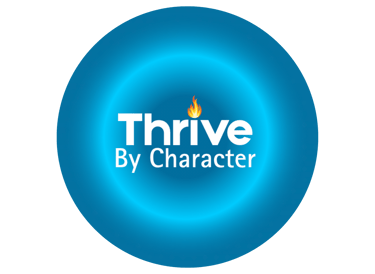Building Character in Crucial Teen Years
In a time when teens are pulled in countless directions, moral development offers a grounded path inward. This piece reflects on how nurturing character—through humility, courage, and emotional depth—can shape not just better students, but wiser, more compassionate human beings.


What if humility, joy, courage, integrity (just to name a few virtues) were the guiding lights in the souls of our youth?
For many communities, addressing the intellectual and emotional needs of our emerging adults is a paramount concern. Too often it seems, our pedagogical institutions make a reasonable choice to place emphasis on some other aspects of communal life like ritual familiarity at the expense of others (due to finite resources). However, one of the most pressing challenges in cultivating young minds today is instilling a sense of emotional intelligence, cultivating human responsibility and developing one’s character with all concomitant virtues.
Neglecting this aspect of the growing mind and soul is all too easy, but will have detrimental effects on the next generation of leaders. As can easily be seen today, the everyday use of technological gimmicks to communicate – whether in a tweet or a snap – has become the default mode of interpersonal connection for a majority of teenagers. And these trends don’t seem to be stopping anytime soon.
Giving teens space away from the stress of tests and homework to focus on their inner selves is crucial to their maturation into fully rounded, worldly adults.
The ultimate purpose of moral development is cultivating traits that reflect upstanding personal character and that, in turn, create a more unified, whole person. As a society, we have often thought that focusing on the self is akin to narcissism. And while the presence of social media seems to reinforce this notion, moral development takes the view of the person and subverts it, advocating that people need to work on their inner lives before going out into the world.
As an educator, I’m excited by the prospect of introducing younger people to the methods of moral development literacy. There is a depth to this particular field of education that is not often presented in such an expansive and inclusive manner. Moral development, thus, can be a unifying experience. We become virtuous, indeed righteous, when we become self-aware, other-aware and Other-aware and able to truly make conscious decisions in the most reflective and noble manner.
